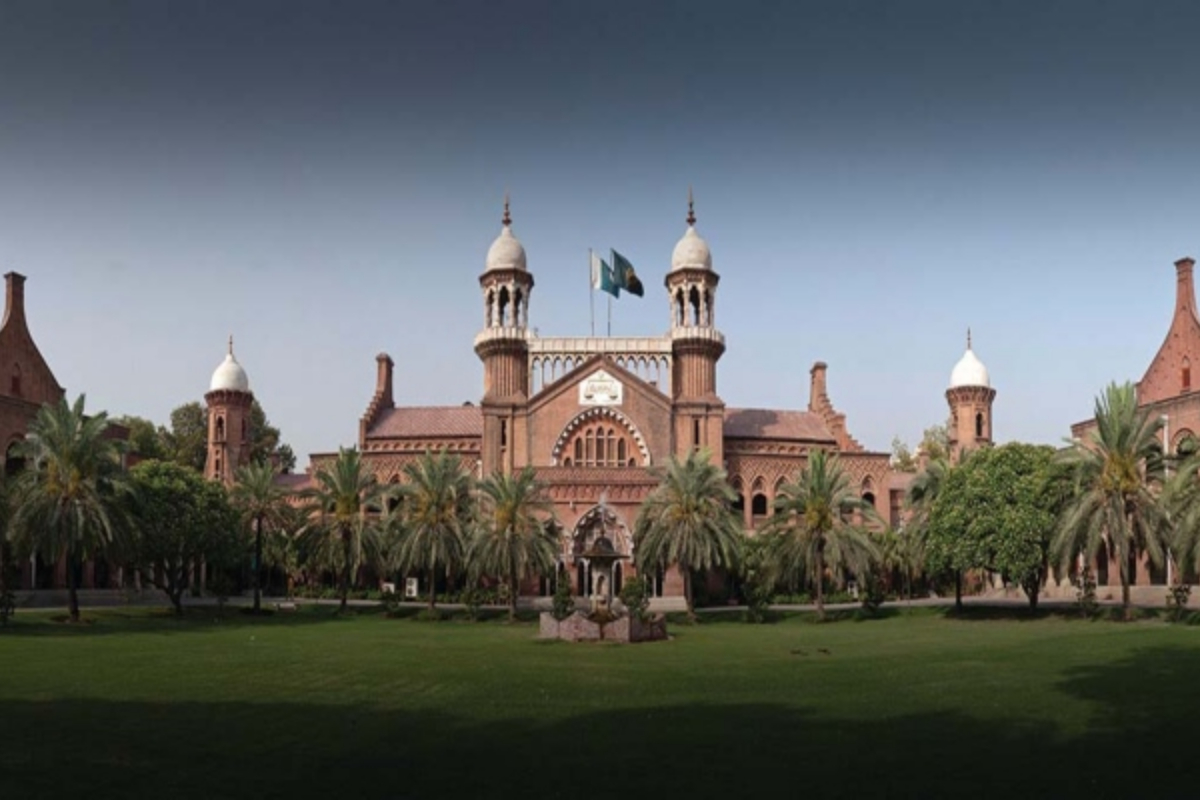LAHORE: A Lahore High Court (LHC) judge on Friday proposed the chief justice to constitute a larger bench to decide two identical petitions — seeking removal of former prime minister Imran Khan from the office of Pakistan Tehreek-i-Insaf (PTI) chairman following his disqualification in the toshakhana reference — challenging the law invoked by the Election Commission of Pakistan (ECP) for the disqualification.
Justice Sajid Mahmood Sethi observed that important legal points had been raised in the petitions, which needed to be decided by a larger bench.
The judge sent the petitions to the chief justice with a request to form a larger bench to decide the same. The judge had already issued notices on both petitions.
In the first petition against the PTI chairman, Advocate Muhammad Afaq, the petitioner in person, submitted that the ECP disqualified the former prime minister and de-seated him from na-95, Mianwali, on charges of corrupt practice.
He said as per the provisions of the Representation of Peoples Act 1976 and the Political Parties Order 2002, the office bearers of a political party must meet the standards provided in the articles 62 and 63 of the Constitution.
He argued that Khan was violating the laws by continuing to head the PTI, which was a registered party with the ECP.
The lawyer contended that a person disqualified under article 63 was not entitled to become or stay as office bearer of a political party.
[embedpost slug=”lhc-rejects-plea-to-immediately-halt-pti-led-long-march/”]
The petitioner asked the court to order the ECP to remove Khan as the PTI’s chairman and issue a direction for the nomination of a new party head.
In the petition against the disqualification of Khan, Jabir Abbas Khan, a voter from NA-95 of Mianwali, challenged the legitimacy of section 137(4) of the Election Act 2017 invoked by the ECP to de-seat Imran Khan from the constituency in toshakhana reference.
The petitioner through Advocate Azhar Siddique argued that Khan had been disqualified under sections 137(4) (power to prosecute for corrupt practice), 167 (corrupt practice) and 173 (making false statement or declaration) of the Act, however, in these sections, there was no mentioning of word “disqualification”.
He said not sharing details of toshakhana gifts and proceeds from sale did not lead to disqualification. He said it could occur only when the prosecution commenced within 120 days of filing of nomination papers.
The counsel explained that the prosecution under section 137 of the Act was only possible to be initiated within 120 days of the filing of false asset statements. However, in the Imran Khan case, the last such statement was filed, on Dec 31, 2021.
Therefore, he said, the prosecution could have been initiated by April 30, 2022 but the same could not be commenced within the stipulated period of 120 days.
He contended that the ECP verdict said Imran Khan attracted disqualification under article 63(1)(p) of the Constitution read with sections 137 and 173 of the Act.
He argued that the ECP illegally and unlawfully disqualified Khan under section 137 of the Act which specifies only a three-year punishment or fine or both, and not disqualification.
The counsel asked the court to declare the section 137(4) of the Election Act ultra vires to the Constitution and restrain the ECP from taking any action or proceedings in the matter during the pendency of the petitioner.



















